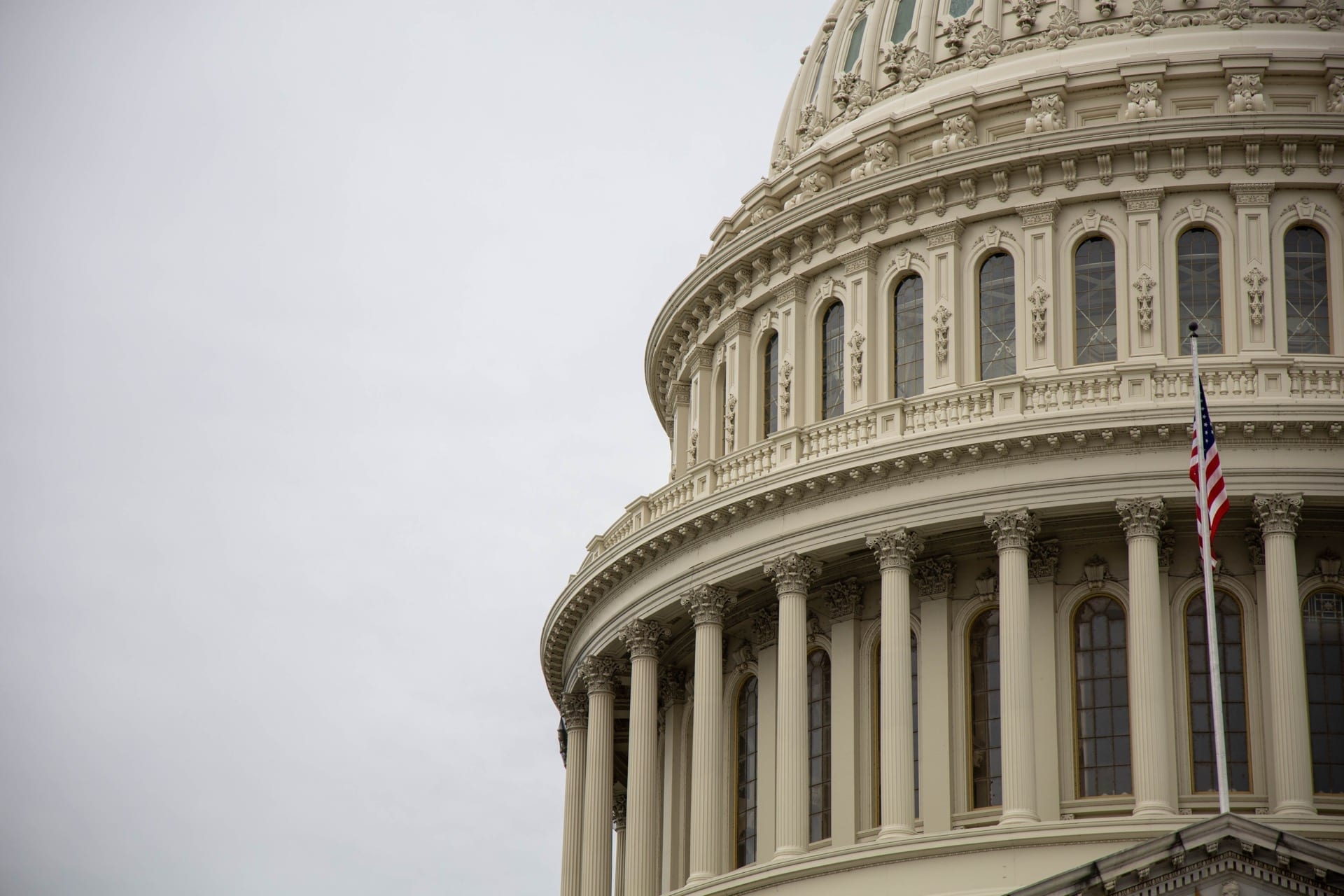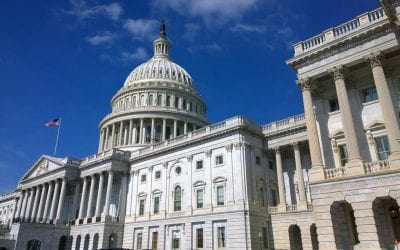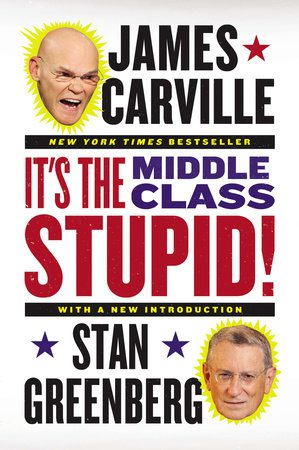The Reagan Era produced a Republican Party trusted on the economy and left conservatives hegemonic on economic ideas and policy – small government, top-rate tax cuts, and deregulation to power growth. Even after trickle-down policies nearly destroyed the economy, this conservative hegemony was left unchallenged by President Obama who made the recovery his main economic project. Indeed, Mitt Romney was more trusted on the economy than Obama in 2012, and even now, the parties stand at parity at best.
But Democracy Corps’ new survey on behalf of the Roosevelt Institute reflects a unique moment and opportunity for progressives.[1] Voters now embrace a “Level the Playing Field” economic framework and a “Rewriting the Rules” policy agenda that allows progressives to dominate in their analysis of what is the problem, what is the cure, and whom to trust on the economy. That would be a sea change. Furthermore, the path is open whether conservative economics continues to be shaped by Reagan’s ideas or by more economic nationalist ones.
1] Voters now embrace a “Level the Playing Field” economic framework and a “Rewriting the Rules” policy agenda that allows progressives to dominate in their analysis of what is the problem, what is the cure, and whom to trust on the economy. That would be a sea change. Furthermore, the path is open whether conservative economics continues to be shaped by Reagan’s ideas or by more economic nationalist ones.
In an experimental design, this survey contrasted two progressive economic approaches: one “Level the Playing Field” and the other, “Ladders of Opportunity.” The former is more impactful and engaging and produces a greater advantage on the economy. That strong advantage is not the product of policy differences, however. The frameworks overlap in their policy offerings, and the policies highlighted in each framework are valued across the public.
Why is a “Level the Playing Field” approach a more successful and motivating economic framework? The answer lies in the depth of the economic critique, the demand for political reform, and the additional commitment to adjusting some of the most fundamental economic levers at our disposal: corporate governance, financial reform, taxation, trade and government investment.
A “Level the Playing Field” approach begins with a tough diagnosis of the current economy that leaves the middle class on life support while the top reaps all the gains. It continues with an indictment of the corrupt political deal that allows corporations and billionaires to use their donations and lobbyists to rewrite the rules of the economy to favor them. Like the “Opportunity” approach, it recommends a number of progressive policies: equal pay for women, affordable and quality education at all levels, better trade policy, and targeted and broad investments to power growth. But a “Level Playing Field” approach goes further and emphasizes the need to significantly change the way corporations, the financial sector and political leaders operate; the “Opportunity” approach proposes investing in people, correcting past imbalances and removing the barriers to people’s economic ascent. In the end, despite considerable similarities in the policy recommendations, voters think economic change when they hear a “Level Playing Field” approach, and not when they hear an “Opportunity” approach.
The “Level Field” approach is also a precondition for progressive hegemony on the economy because conservative economics is changing too. Donald Trump has made trade, immigration and nationalist economics more central to the conservative economic vision. Ted Cruz has made crony capitalism more central to the Reagan economic vision, which lays the foundation for conservative opposition to special interest spending and trade promotion authority.
This new poll tested the choices for voters emerging out of the national presidential debate and demonstrates how progressive economics can dominate this new era with a commitment to “Leveling the Playing Field,” as conservative economics did in the post-Reagan Era.
[1] National web-survey of 1,200 likely 2016 voters conducted from April 11-18, 2016.Likely voters were determined based on whether they voted in 2012 or registered since and stated intention of voting in 2016.




